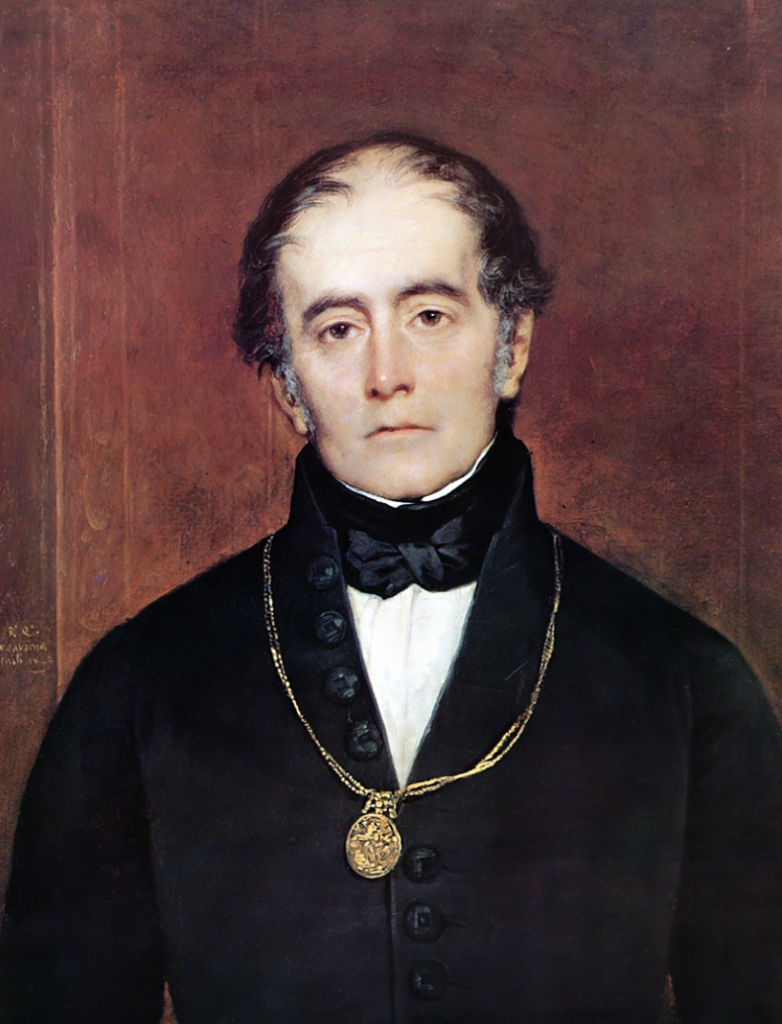Common Good Constitutionalism in Chile

Since the 1917 Constitution in Mexico, Latin American Constitutional Law has expanded its scope to ensure social and economic rights. These rights require the provision of goods and services considered essential because they guarantee human dignity. As a result, the Constitution establishes mandates that the Government must fulfill to transform social and economic conditions and ensure equal access to essential goods and services.
In addition to the transformative mandates derived from the Constitution, the Inter-American Human Rights System has expanded the recognition of these rights, considering their direct and binding effect, as concluded by the Inter-American Human Rights Court.
The numerous Constitutions and constitutional reforms introduced in the region during the 20th century, following European constitutionalism, increasingly expanded the scope of these transformative mandates, resulting in a very ambitious institutional framework that requires promoting equality in the most unequal region of the world. This trend led to a new model, starting with the 1999 Venezuela Constitution, which influenced the new Constitutions in Bolivia and Ecuador. In this new model, the Government becomes the key economic player and the central entity responsible for ensuring an extensive social and economic rights catalog.
The draft of the 2022 Constitution approved by the Chilean Constitutional Convention followed, and in some sense exceeded, this ambitious transformative constitutionalism. Summarizing Latin American transformative constitutionalism, the draft recognized a lengthy catalog of social and economic rights based on the direct participation of the people, particularly about vulnerable communities, such as indigenous peoples.
The popular rejection of that draft could be interpreted as indicating that an ambitious Constitution does not reflect the “sense of us” in Chile. From a Constitutional Law perspective, the electoral outcome should serve as a cautionary warning about the limitations and risks of promoting inclusive development supported by the Government’s primacy.
Constitutional Law in Latin America imported institutions designed for a strong European state. However, the region’s historical fragility has created a gap between the ambitious transformative framework in the de jure scope and the pervasive inequality in the de facto scope. The State’s fragility impairs the Government’s ability to effectively fulfill the transformative mandates, creating incentives for informal institutions ranging from clientelism to authoritarian populism. Therefore, promoting inclusive development does not depend on an overly ambitious Constitution that exacerbates the role of the Government, creating risks for authoritarian policies that violate human dignity.
The new Constitution draft approved by the Expert Commission in Chile in May 2023 seems to take these lessons into consideration. Instead of including a long list of transformative mandates, the new draft adopts a more moderate and pragmatic approach based on the common good (Art. 2.1).
The common good, following Argentine scholars, serves as the moral foundation of the Constitution, not only preventing government abuses but also enabling the government to act in order to ensure human dignity, which the draft recognizes as the core value (Art. 1.1). As recognized by the American Convention on Human Rights (Art. 32.2), the just demands of the common good facilitate the balancing of competing rights.
The transformative mandates recognized in the draft Constitution (in harmony with Inter-American Law) are rooted in the common good, which opposes two extreme interpretations: one that promotes an anarchic economic order based on an individualistic interpretation of economic rights and one that favors totalitarian policies that suppress human dignity.
The common good constitutionalism, as reflected in the new Constitution draft in Chile, could moderate transformative constitutionalism in Latin America. In a region of paper leviathans, it is necessary to ensure that transformative mandates are oriented towards the common good value and, as a result, towards the centrality of human dignity. To achieve this, it is necessary to build capabilities in both the public and private sectors. Therefore, Article 100 of the constitutional draft defines Public Administration as stewardship of the people. This principle highlights the relevance of the efficiency principle and, as a result, the importance of a capable state.
From the time of the first Constitution approved in the region – Venezuela in 1811 – the common good has served as the primary justification for the government. Since 1917, Latin America has tried, with limited success, to promote inclusive development based on transformative constitutionalism. As the Chilean Constitution draft proposes, this vision should be complemented with the common good constitutionalism, centered on human dignity, promoting an interpretation based on the complementarity between the public and private sectors.